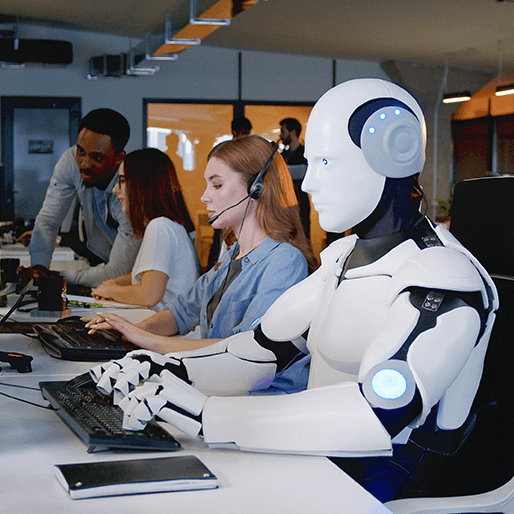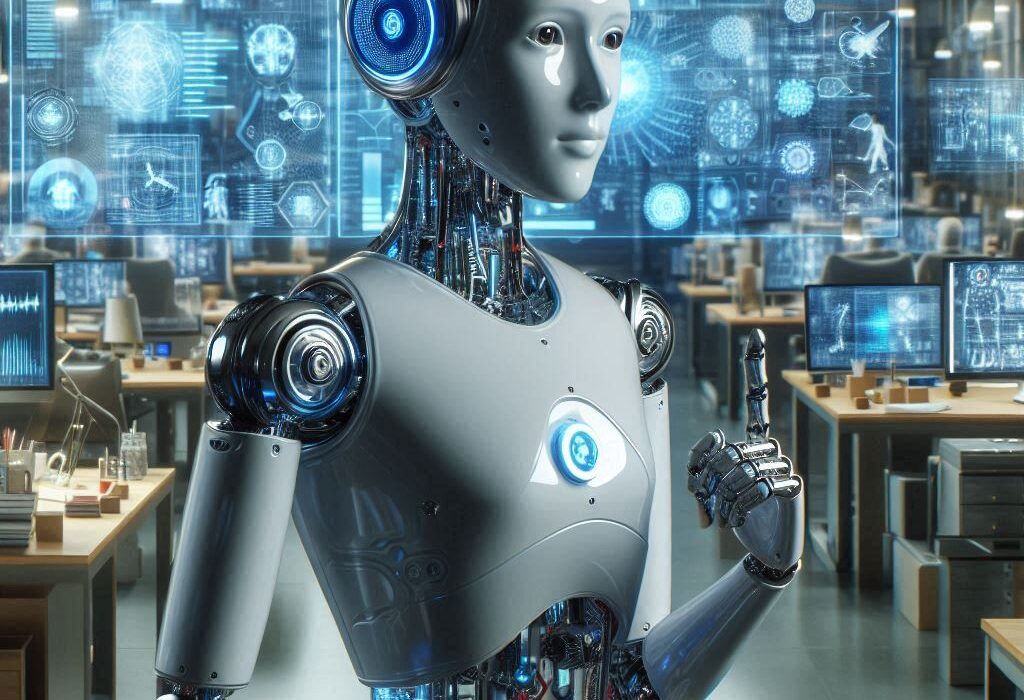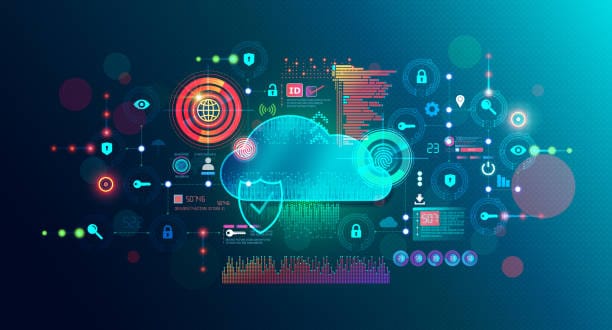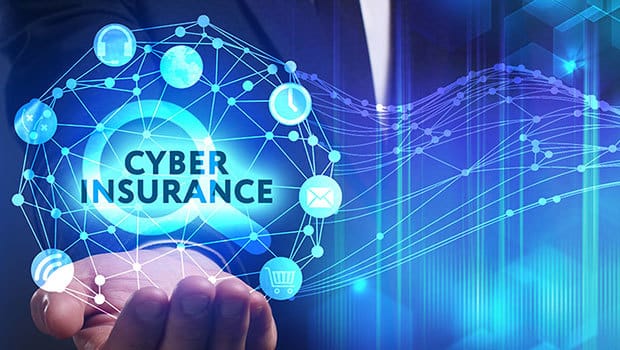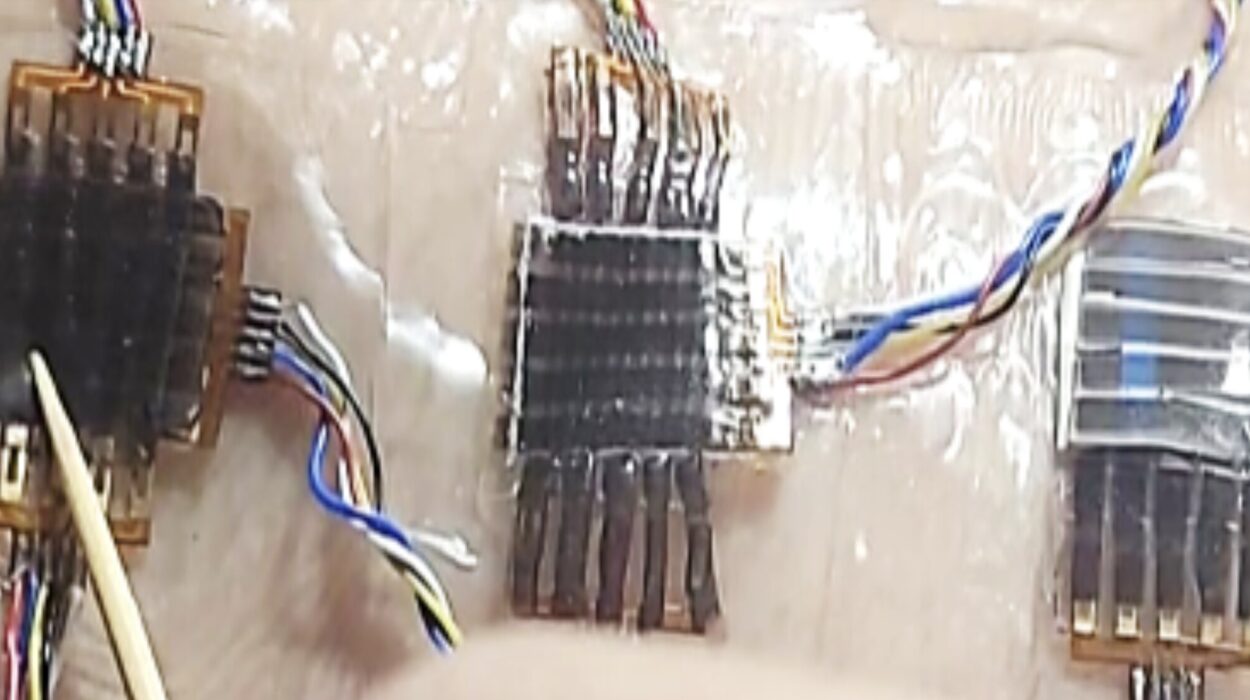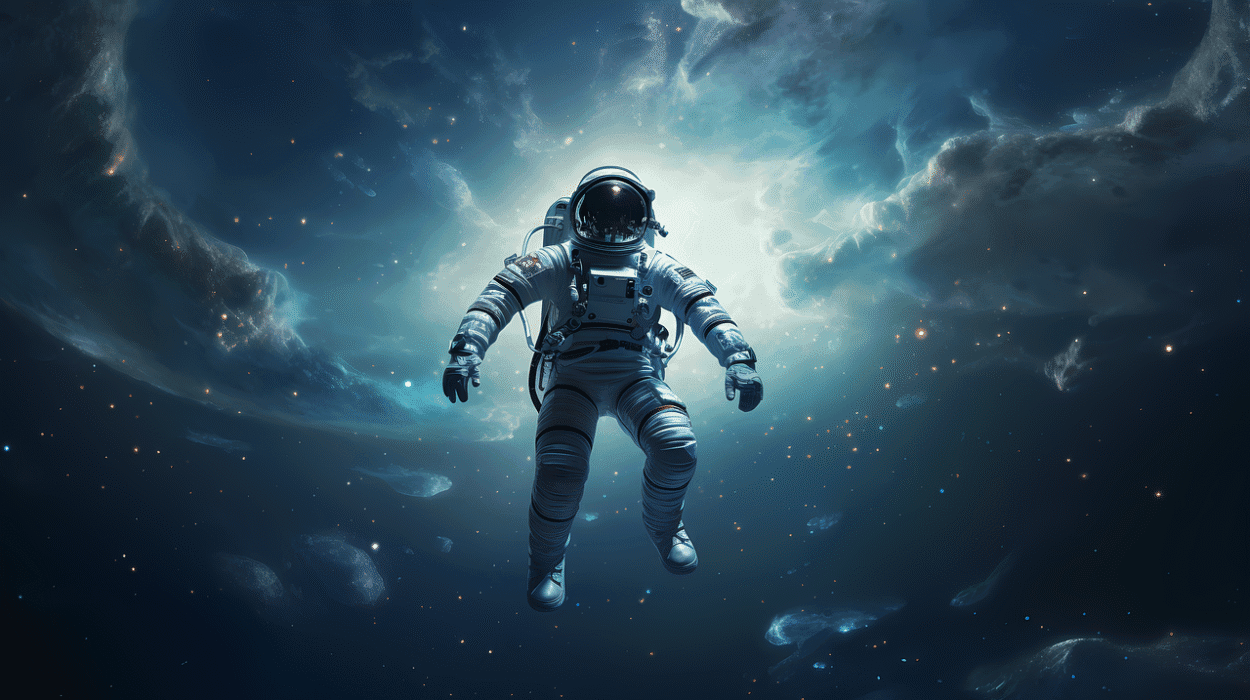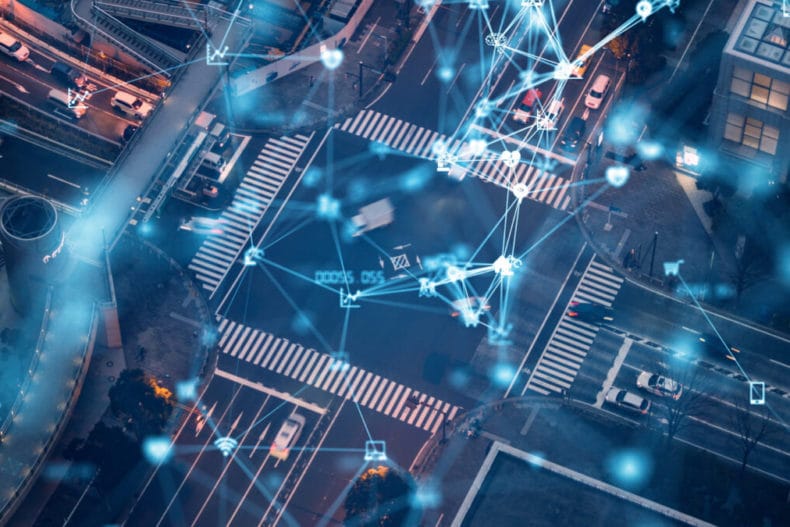Across factories and offices, farms and hospitals, a quiet revolution is unfolding. It doesn’t arrive with the clang of machines or the dust of industry. Instead, it seeps in through code, data, and algorithms. This is the age of artificial intelligence—not some distant future imagined in science fiction, but a living reality transforming how we work, create, and interact.
For some, AI is a marvel, a partner in creativity and productivity. For others, it’s a looming threat, a digital grim reaper coming for their paychecks. Fear of job loss to machines is hardly new. But AI is not just another tool—it thinks, learns, and adapts. That distinction changes everything.
So will AI take your job—or create a better one?
The answer is complex. Like most technological upheavals, the truth lies somewhere between panic and promise.
What Makes This Time Different
History is filled with moments of technological disruption. The plow, the printing press, the steam engine, the assembly line, the personal computer—each rendered certain jobs obsolete while opening the door to new kinds of work. But AI, particularly in its modern incarnation of machine learning and large language models, has traits that set it apart.
It doesn’t just automate physical tasks. It automates thinking—or at least, the kind of thinking that’s rule-bound, repetitive, and data-driven. And this means it touches not just the factory floor but the heart of white-collar professions: law, medicine, marketing, education, and finance.
Consider a radiologist who reads thousands of images to detect cancer. AI can now analyze those scans, often with greater accuracy. Or a lawyer poring over case files—AI tools can review documents in seconds and spot legal inconsistencies faster than any human. Writers, architects, financial analysts, and even musicians find themselves working alongside—or against—algorithms that can mimic their craft.
This breadth of reach has made AI the most democratic disruptor in history. No one is untouchable. And that realization is reshaping how societies talk about work, purpose, and the very nature of intelligence.
The First Wave of Automation
To understand where AI might take us, it helps to trace how automation has evolved.
The first wave was physical: machines replaced muscle. The industrial revolution turned weavers into factory workers. It displaced blacksmiths and candle makers but created jobs in coal mining, steel, and railroads. Entire new industries bloomed, even as others withered.
The second wave was digital: computers replaced clerical tasks. Typists, switchboard operators, and file clerks gave way to spreadsheets and email. This revolution leaned heavily on software and networks, giving rise to IT departments, call centers, and web developers.
Now we’re in the third wave: cognitive automation. AI replaces—or augments—decisions. This is where things get philosophically thorny. When machines start performing tasks once thought to require “intelligence,” it challenges not just labor markets but our sense of human uniqueness.
But does that mean mass unemployment is inevitable?
The Productivity Paradox
Ironically, even as AI has advanced at lightning speed, productivity growth across many economies has been sluggish. Economists call this the productivity paradox: why aren’t these incredible innovations translating into dramatic economic gains?
Part of the answer lies in lag time. Technologies often take decades to show their full impact. Electricity transformed the world, but factories didn’t reorganize around it overnight. The same is likely true of AI. Companies must rethink workflows, retrain employees, and rebuild trust before AI delivers on its promises.
Another issue is the uneven adoption of AI. Large tech firms reap enormous gains from AI-enhanced platforms, while small businesses may lack the resources to implement or benefit from it. The result is a widening economic gap—not just between people, but between companies and even countries.
Jobs Already Being Transformed
Even with slow macroeconomic shifts, the micro-level impact of AI is undeniable. In customer service, chatbots powered by language models now handle millions of interactions per day. In journalism, AI tools draft summaries, generate reports, and personalize content at scale. In agriculture, AI monitors crop health and guides precision irrigation. In logistics, AI routes deliveries with astonishing efficiency.
Take transportation. Self-driving vehicle technology isn’t perfect yet, but it’s evolving fast. Long-haul trucking—one of the most common jobs in the U.S.—is already seeing pilot projects where AI handles highway stretches while human drivers focus on urban navigation.
Healthcare is another frontier. Algorithms analyze genetic data to predict disease risk, assist in diagnostics, and even recommend treatments. While this boosts accuracy and lowers costs, it also reshapes roles—from lab techs to primary care providers—who must now work with, not above, intelligent systems.
But even as some jobs shrink or vanish, others morph and multiply.
New Jobs Born of AI
Every technological wave has spawned roles that once seemed unimaginable. The internet killed travel agents but created digital marketers, cybersecurity experts, and app developers. The smartphone birthed an entire ecosystem of mobile-based services.
AI is no different. Already, demand is soaring for machine learning engineers, data ethicists, AI safety researchers, prompt engineers, and synthetic data specialists. These aren’t just tech roles. AI touches retail, healthcare, education, entertainment, and construction.
Even creative fields are being redefined. Musicians now collaborate with AI to produce novel compositions. Architects use generative design to create structures optimized beyond human imagination. Fashion designers experiment with AI-driven trends. Far from replacing creativity, AI often amplifies it—if humans know how to harness it.
Moreover, entirely new industries may form around AI-generated worlds. As virtual and augmented reality grow, so too will the need for designers, ethicists, regulators, and storytellers to build and govern these environments. In that sense, AI doesn’t just threaten jobs—it creates platforms for new economies.
Humans and Machines: A Symbiotic Future?
Rather than a binary question of job loss versus job creation, the deeper issue may be one of job transformation. AI rarely replaces entire professions. Instead, it slices off tasks—especially those that are repetitive, low-level, or data-heavy.
This task-level automation can free humans to focus on the relational, strategic, or creative aspects of work. A doctor may spend less time analyzing scans and more time counseling patients. A teacher might use AI to personalize lessons, allowing more one-on-one engagement. A lawyer could delegate document review and spend more time in negotiation.
This hybrid model—where AI augments rather than replaces—may define the next era of work. But it comes with a catch: adaptability. The workers who thrive will be those who embrace flexibility, lifelong learning, and digital literacy.
The challenge lies in ensuring access to that adaptability across all segments of society.
The Skills Revolution
If AI is the new electricity, then education is the wiring that determines who gets to plug in.
Yet current education systems are often slow to adapt. Many still emphasize rote memorization and standardization—precisely the traits machines are best at. What AI can’t do well (yet) are things like empathy, ethical judgment, and contextual thinking.
So the most future-proof skills may not be technical at all. They might be human: curiosity, resilience, communication, collaboration. Even as we teach coding and AI literacy, we must also teach how to work with ambiguity, ask better questions, and interpret the answers machines give us.
Vocational training must be reimagined. Reskilling programs must scale. Governments, companies, and universities will need to cooperate like never before. Without this, the AI revolution risks deepening inequality, creating a two-tiered workforce: those who wield AI, and those displaced by it.
Winners, Losers, and the Global Equation
Globally, AI’s impact will be uneven. Developed countries with strong digital infrastructure and research ecosystems may benefit most. Emerging economies could face displacement without sufficient resources to cushion the shock.
But there’s also opportunity. AI could democratize access to expertise—bringing legal advice, medical insights, and education to underserved regions. Imagine a village teacher with an AI tutor or a farmer with an AI agronomist in their pocket.
Still, the risk of global job polarization is real. The International Labour Organization warns that middle-skilled jobs may be most at risk, squeezed between low-cost automation and high-skill specialization.
International cooperation and AI governance will be crucial to managing these transitions. Without it, we may see waves of economic migration, instability, and resentment—conditions ripe for political extremism.
The Emotional Cost of Displacement
Beyond the economic calculus lies something more personal. Work is more than a paycheck. It’s identity, structure, purpose. When automation erodes that, people don’t just lose income—they lose meaning.
Studies show that job loss, especially in midlife, increases risks of depression, addiction, and even mortality. Communities built around specific industries—mining, manufacturing, farming—don’t easily recover when those jobs vanish.
This is why AI-driven disruption must be met with more than training programs. It requires empathy, social safety nets, and a rethinking of how we value contributions that aren’t strictly “productive” in the economic sense. Care work, art, volunteering—these may become more central in a world where not everyone needs to labor full-time.
Universal basic income, job guarantees, and shorter workweeks are already being explored as partial solutions. The future of work may not be full employment—it may be meaningful engagement.
The Ethical Minefield
As AI takes on more decision-making roles, it introduces ethical dilemmas that society is only beginning to grasp.
Who is responsible when an AI makes a harmful mistake? What happens when hiring algorithms reflect societal biases? Should AI be allowed to replace human judgment in courts, warfare, or elder care?
The question isn’t just what AI can do—but what it should do. Ethics, transparency, and accountability must become core pillars of AI deployment. Otherwise, we risk building systems that entrench inequality, erode privacy, and undermine trust.
The future of work isn’t just a technical issue—it’s a moral one.
The Jobs We Didn’t See Coming
It’s worth remembering that many of today’s jobs were unthinkable a generation ago. App developer, drone operator, TikTok strategist, climate adaptation analyst—these were science fiction in the 1990s.
The same will be true in the AI era. We may see roles like:
- Algorithm auditors to ensure fairness and transparency
- Emotional AI trainers to teach machines human responses
- Virtual world architects for immersive digital environments
- AI dispute mediators who resolve machine-driven conflicts
The capacity for reinvention is one of humanity’s deepest strengths. If history is any guide, we will adapt—not without pain, but with possibility.
A Mirror to Ourselves
In many ways, the rise of AI forces us to confront what it means to be human. When a machine can write a poem, diagnose an illness, or compose a symphony, we are pushed to ask: what remains uniquely ours?
The answer may be found not in opposition to AI but in relation to it. Machines can mimic knowledge, but not wisdom. They can process emotion, but not feel it. They can suggest actions, but not bear responsibility for them.
Our value in the future of work will come not from outcompeting machines, but from complementing them—with conscience, creativity, and care.
The Story Is Still Being Written
Will AI take your job? Possibly. Will it create a better one? That’s up to us.
The story of work has always been a story of reinvention. With each upheaval, humanity has found new ways to live, work, and thrive. AI may challenge us like never before—but it also offers a chance to redefine work itself: to make it more humane, more flexible, and more fulfilling.
The challenge ahead isn’t just technological—it’s societal, ethical, and emotional. But it’s also exhilarating. We stand at the threshold of an era where intelligence—once purely human—is now something we share with our creations.
How we use that shared intelligence will shape not just the future of work, but the future of who we become.
